Join us for our annual EuroFest in celebration of all things Europe in the 'burgh! Food trucks, dancers, local artisans, and more! This is a family-friendly event fun for all ages. Special activities will be available for Pitt students.
Sunday, August 25th, 2019
Thursday, July 11th, 2019
2019 ESC and ULS Summer Research Scholar, Ryan Phillips (Lycoming College), will present his work on Democratization and the European Union and share his findings in the Barbara Sloane EU Delegation Collection.
Thursday, June 27th, 2019
Barrister, PhD and LLB graduate of Trinity College Dublin, Professor Gavin Barrett is a Professor of Law in University College Dublin and sometime Jean Monnet Professor of European Constitutional and Economic Law.
Professor Barrett specializes in European law, with a particular interest in the employment law and constitutional law, in addition to employment law. He is a member of the Irish Centre for European Law, a Council member of the Institute of International and European Affairs and member of the Economic Governance Group, the Eurocrisis Group and the Ireland in Europe Group and a Fellow of the Dublin European Institute.
Tuesday, June 11th, 2019
2019 ESC and ULS Summer Research Scholar, Boyka Stefanova (University of Texas, San Antonio), will present on her research and her findings in the Barbara Sloan EU Delegation Collection.
Thursday, May 30th, 2019

Explore the Warhol with Donald Warhola, Andy’s nephew, and attend a screening of the film "Jan Palach" with an introduction by Jaroslav Kubera, President of the Czech Senate.
Admission is $25.00 for adults/$15.00 for children under 18. Payment by check only by May 21, 2019. Checks should be made payable to Friends of Via and mailed to:
Friends of Via
PO Box 82556
Pittsburgh, PA 15218
Entrance only with prepaid payment. No ticket sales at the door.
For additional information, send an email to friendsofvia@gmail.com
Wednesday, May 8th, 2019
Friday, April 26th, 2019
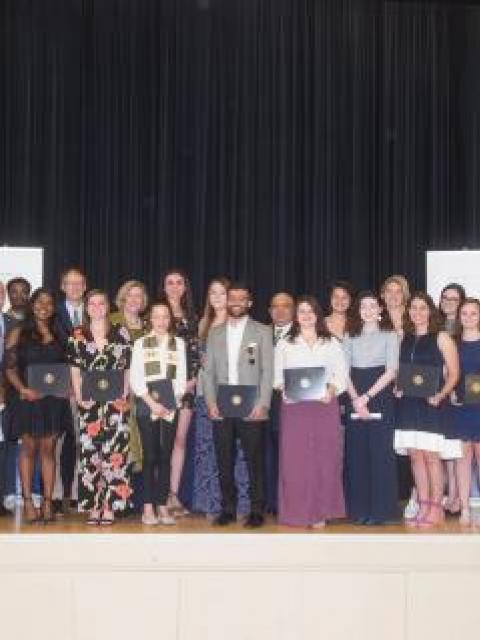
The University Center for International Studies cordially invites students graduating in Spring and Summer 2019 to celebrate their academic achievements and receive their credentials at the University Center for International Studies’ Graduation Ceremony on Friday, April 26, 3-4 p.m., followed by a reception 4-5 p.m., in the O'Hara Student Center.
Graduating students please look for your personal email invitation from the University Center for International Studies. Contact your UCIS academic advisor with any questions.
We look forward to celebrating your accomplishments!
Friday, April 19th, 2019 to Sunday, April 21st, 2019
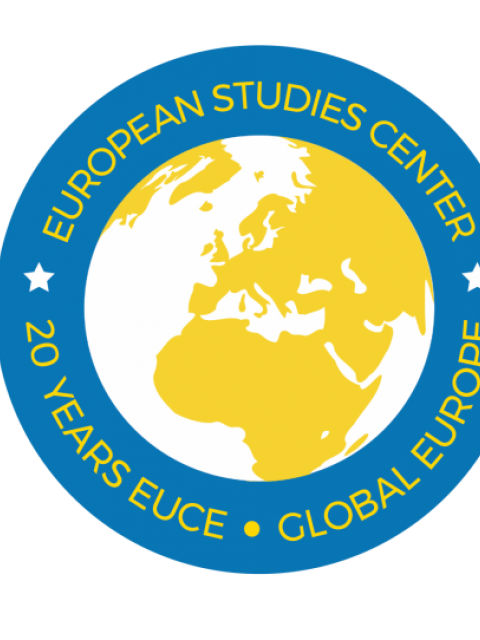
Written by Mairead Ni Ghrada and Directed by Nic Barilar
A child is dead, a baby girl - and her mother is standing trial for infanticide. Gripping and theatrical, On Trial follows the tragic life of Maura Cassidy, an unmarried single mother. Set in 1960s Catholic Ireland, Maura must find a way to make a life for herself without the support of her family, her child’s father, or society - leading her to make some catastrophic decisions. Told through testimonies and flashbacks, this controversial courtroom drama questions where guilt and blame lie in a world of oppression, prejudice, and hypocrisy. Originally written in the Irish Gaelic language by Máiréad Ní Ghráda - one of Ireland’s preeminent female playwrights - this special addition to the University of Pittsburgh’s current season is the North American premiere of a modern Irish classic.
Tuesday, April 16th, 2019
On May 23-26, 2019, voters across the European Union will head to the polls to elect 751 members of the European Parliament. In this conversation, our panel of experts will discuss the key players, parties and issues at stake (including the role of Brexit) in the upcoming elections. To participate remotely, contact irm24@pitt.edu
Friday, April 12th, 2019
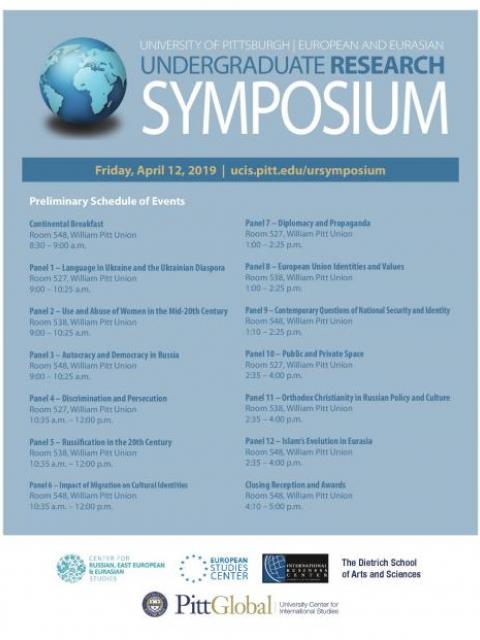
The Undergraduate Research Symposium is an annual event since 2002 designed to provide undergraduate students, from the University of Pittsburgh and other colleges and universities, with advanced research experiences and opportunities to develop presentation skills. The event is open to undergraduates from all majors and institutions who have written a research paper from a social science, humanities, or business perspective focusing on the study of Eastern, Western, or Central Europe, the European Union, Russia, or Central Eurasia. The Symposium is held on the University of Pittsburgh-Oakland campus. After the initial submission of papers, selected participants are grouped into panels according to their research topics. The participants then give 10- to 15-minute presentations based on their research to a panel of faculty and graduate students. The presentations are open to the public.
Monday, April 8th, 2019
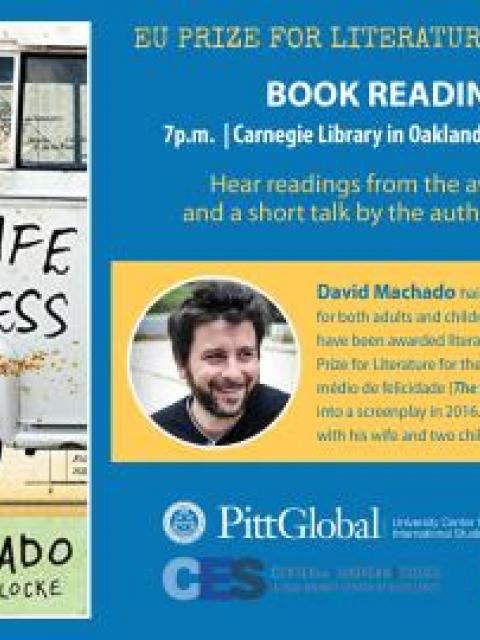
Almodovar is in prison, Daniel is living in a van, and Xavier hasn't left the house is years.
David Machado's award-winning novel, The Shelf Life of Happiness, follows the story of three adult friends as they navigate and deteriorate under the stresses of Portugal's financial crisis of 2008. The novel won the EU Prize for Literature in 2019.
The ESC, in partnership with UNC Center for European Studies and Carnegie Library of Pittsburgh is delighted to present a reading from The Shelf Life of Happiness with David Machado.
This event is free and open to all. Join us to hear some award-winning writing and a brief talk from the author. A Q&A will follow.
Thursday, April 4th, 2019 to Saturday, April 6th, 2019
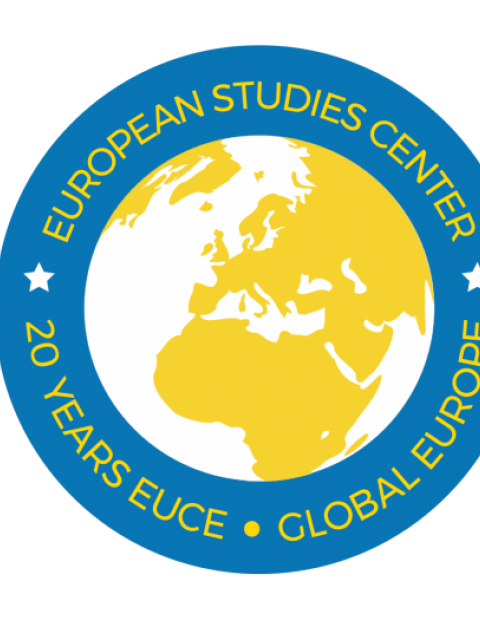
Our conference on the Iberian empires and their aftermath will bring a much-needed interdisciplinary focus on the realia and the imaginary of the Spanish and Portuguese colonial world. We will think about the construction and naturalization of an imperial regime that produced hierarchized and racialized ways of being, thinking, knowing, and belonging in society, and interrogate and excavate it, with a view to defamiliarizing and "delegitimizing" the regime and its aftereffects, particularly in light of the present-day iterations and manifestations of the latter. Taking the institutionality of colonial governance as our point of departure, as seen through the historical action of not only church and state, but also of labor and capital, we want to reveal how empire works in the creation of social relations and racialized identities, especially those relating to diasporan "blackness." The taxonomy of racial "types" of Latin America's colonial casta paintings, to take the paradigmatic example, not only reflects a vertical distribution of power in real terms. It constitutes a state-originated artifact whose referents and their racially determined places in society, are reinforced in the textuality of colonial laws and edicts, and reappear in literary discourse, visual culture, theater and the performing arts, and in other areas of material cultural production, while also having a determinative role in the emerging fields of ethnography and anthropology in the nineteenth and twentieth centuries. In examining the longue durée of modern raciology and its effects on black diasporan subjectivity during and after the Iberian empires, we will take both a transhistoric and a translocal approach to critiquing and denaturalizing an inherited regime of truth in many of its discrete instances across the Renaissance, the Colonial, and the Contemporary periods.
Keynote Speakers: John Lipski, Edwin Erle Sparks Professor of Spanish and Linguistics, and director, Program in Linguistics, Penn State University, and Equatoguinean writer Juan Tomás Ávila
Tuesday, April 2nd, 2019
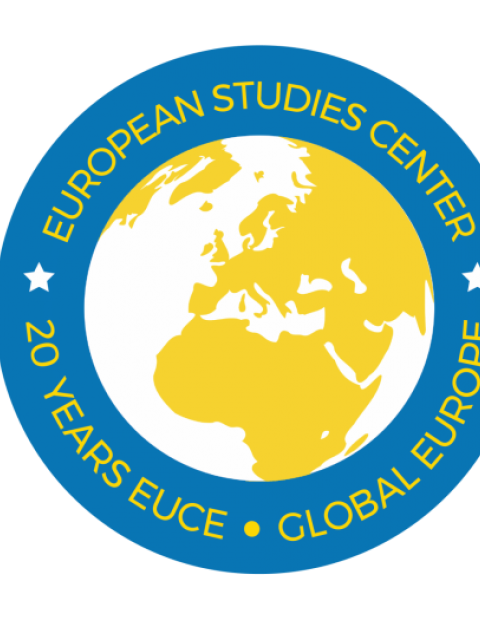
The future of the European Union (EU) is currently the subject of heated debate. Over the last decade,
the organization has struggled to contain the effects of a severe economic crisis and an ongoing migration
crisis. With elections to the European Parliament looming in May, the EU faces the threat of a rising tide of
nationalism and populism. Meanwhile, Brexit – the exit of the United Kingdom from the European Union –
threatens to weaken the EU, even as it propels the UK towards potential disaster. These debates have
involved not only politicians, but also architects. A highly ‘Europeanised’ group of professionals, who are
especially concerned with issues of space, place, and program, architects have often demonstrated an
abiding interest in the EU – one that is mirrored in the organization’s own continual use of architectural
metaphors when describing its institutions and procedures. This paper will explore how architects have
intervened in, and contributed to, debates about the EU in recent years. Focusing above all on installations
at exhibitions, the paper will touch on the work of practices including OMA, Caruso St John, and Stefano
Boeri, among others. In so doing, it will consider the ways in which architects have participated in broader efforts to forge new national and European imaginaries.
Prof. Inghilleri’s talk will consider the interaction between migrants and the physical environment as a space of translation. Landscapes offer evidence of the enduring signs of an earlier presence of migrants whose origins have been forgotten in the public consciousness. They, and the people who come to inhabit them, are forever shaped by this presence as well. In this sense, landscapes can be powerful spectral spaces and particularly vulnerable to multiple mappings of meaning.
Friday, March 29th, 2019 to Saturday, April 13th, 2019
Friday, March 29th, 2019
Wednesday, March 27th, 2019
A part of passages: translation & the mediation of time & space. Passages is a semester-long series of lectures, workshops, and conversations on translation and its impact.
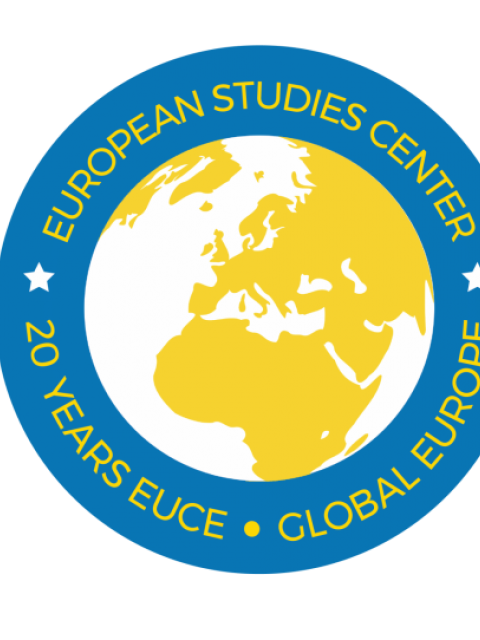
Friday, March 22nd, 2019
Matthew Grenby is Dean of Research and Innovation in the Faculty of Humanities and Social Sciences at Newcastle University, UK, and Professor of Eighteenth-Century Studies in its School of English. His research interests are in pre-modern children's literature and culture, political participation in the eighteenth century, and children and heritage. His books include The Anti-Jacobin Novel, The Child Reader, Popular Children’s Literature in Britain, and The Cambridge Companion to Children’s Literature.
Wednesday, March 20th, 2019
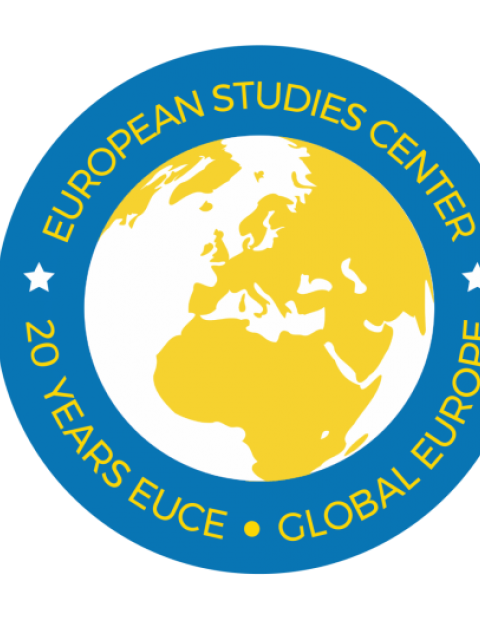
A part of the International Francophonie Day 2019!
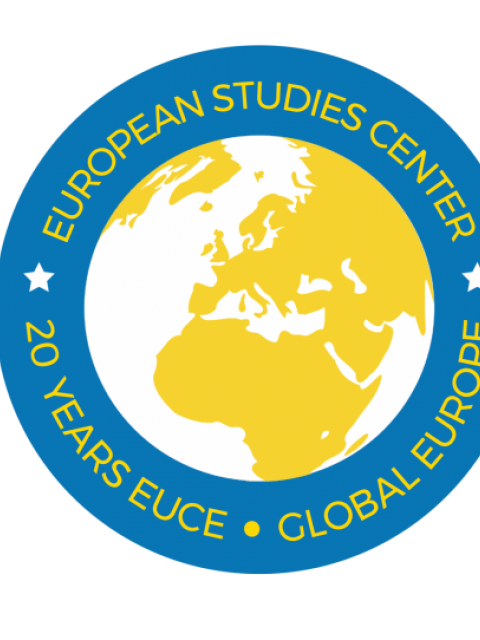

Join us for a special event featuring University of Pittsburgh Chancellor Patrick Gallagher in conversation with the leader of Newcastle University (UK), Vice Chancellor Chris Day.
In a wide-ranging discussion moderated by Lina Dostilio, Pitt’s Assistant Vice Chancellor of Community Engagement, the two higher education leaders will discuss the role of their institutions in post-industrial cities as universities take on new responsibilities in the areas of social mobility, cultural wellbeing, innovation, and economic development.
A reception will be held beginning at 11:30 am., in advance of the 12 – 1:00 p.m. special program. Both events are open to the public and the entire Pitt community. Students, faculty, administrators, and the public are invited to engage in a dialogue with the panelists following the discussion.
Registration is not required.
Seating is limited.
Tuesday, March 19th, 2019
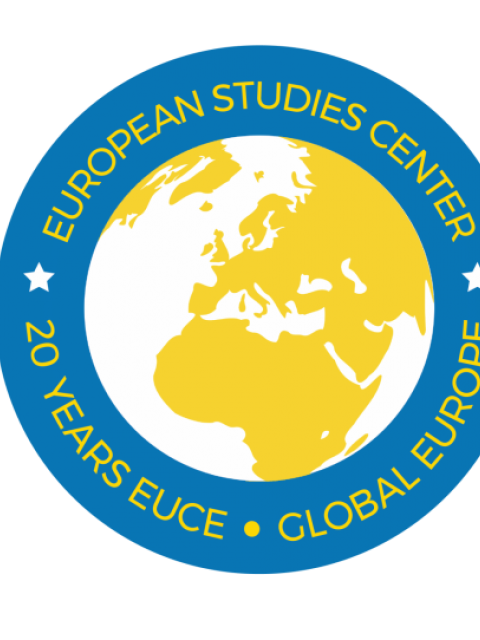
The European Studies Center is pleased to invite all to attend a short film, Europe Endless, directed by Christopher Roth. It will be followed by a film discussion with Colin MacCabe, Jennifer Keating, and Richard Davies, moderated by Gayle Rogers. This event will also feature as the book launch for Patrick McCabe's Ireland: The Butcher Boy, Breakfast on Pluto and Winterwood.
Reserve your ticket at europeendless.eventbrite.com
The world premiere of Europe Endless will take place on Brexit Day, March 29th.
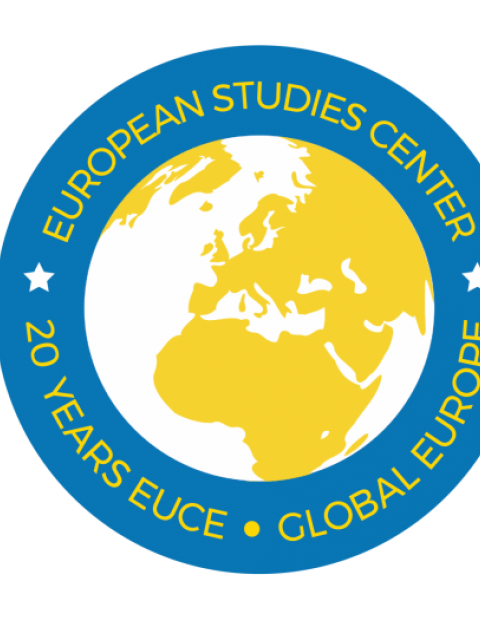
A part of the International Francophonie Day 2019!
Monday, March 18th, 2019
This event is an open conversation with Paul A. Silverstein,Professor of Anthropology at Reed College and Jeanette Jouili, Assistant Professor of Religious Studies at the University of Pittsburgh. Dr. Silverstein's current research focuses on the laboring and political experience of post-war North African immigrant coalminers as a a story of the fate of Europe"s cosmopolitan identity. Dr. Jouili's research and teaching interests include Islam in Europe, secularism, pluralism, popular culture, moral and aesthetic practices, and gender.
Friday, March 8th, 2019 to Saturday, March 9th, 2019
This conference aims to converse with disaster narratives and representations in French/Francophone and Italian literatures and media. This year, we are pleased to welcome Dr. Deborah Jenson of Duke University as the keynote speaker, as well as James Noël, a Haitian poet and writer who will be reading from his recently published and first novel, Belle merveille.
For questions, registration, and to send abstracts, contact pitt.frit.conference@gmail.com
Wednesday, March 6th, 2019
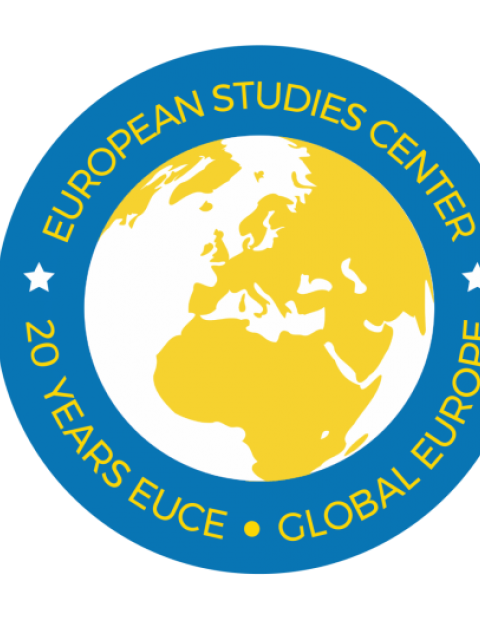
Featuring Tina Faigen, Piano, Mary Beth Malek, Clarinet, and Paula Tuttle, Cello
with Ellen-Maria Willis, violin, MaryBeth Schotting, violin, and Jennifer Gerhard, viola
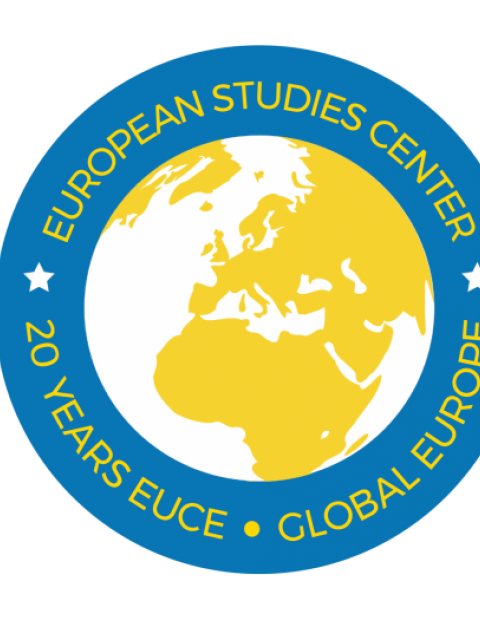
Tuesday, March 5th, 2019
Ms. Patel will discuss US global health interventions through USAID and contributions through the Global Fund, WHO, and other aid organizations. She will also talk about her own career path, and how students interested in global health can prepare now to enter the field.
There will be a discussion group after the lecture for students interested in having a more in-depth career conversation with Ms. Patel. Lunch will be provided at this smaller session and seating is limited, so please rsvp to Thayjas Patil at tap97@pitt.edu.
Monday, March 4th, 2019
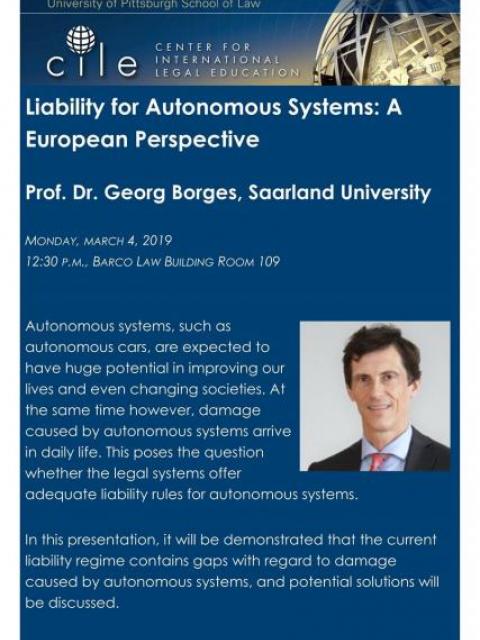
Saturday, March 2nd, 2019
Participants will be introduced to the Choices Program's Human Rights and Genocide unit and will seek to understand the causes of genocide and why it persists and how people have grappled with many questions in response to genocide throughout history and today.
The workshop is open to educators teaching humanities, geography, history, government, current issues, civics, and other social studies in grades 7-12. Each participant will receive two curriculum units, lunch, Act 48 credit, and parking.
Registration Link: https://docs.google.com/forms/d/e/1FAIpQLSe3Ks5jCqVhzSaiiG2cL34Ca_Yvgj4E...
Thursday, February 28th, 2019
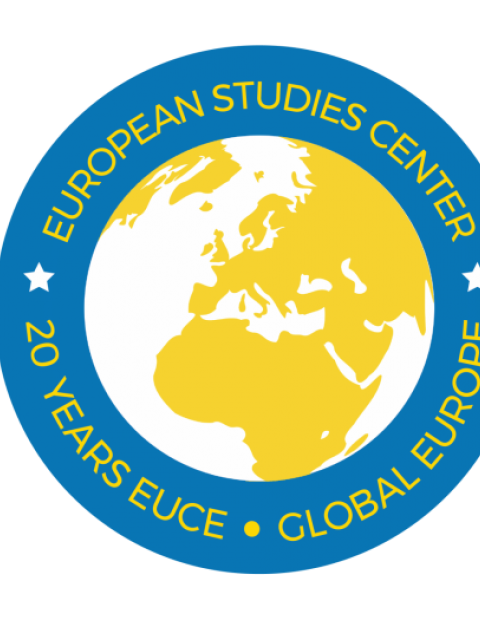
In this talk, Prof. Markovits will present findings from his book Gaming the World: How Sports are Reshaping Global Politics and Culture (2010) and highlight the opposite paths that the women have traversed in the game of Association Football on both sides of the Atlantic.
Wednesday, February 27th, 2019
Have you been procrastinating about filling out your entry or exit surveys? Have you got questions about e-portfolios? Have you forgotten how to enter your coursework into MyPittGlobal?
If so, we can answer these and other questions about the MyPittGlobal platform at this event. Come meet UCIS advisors, student ambassadors, and others who will provide hands-on assistance to jumpstart your MyPittGlobal experience. Completing levels makes you eligible for potential study abroad scholarships, VIP access to mentorship and academic visitors. There will be a raffle for attendees--the more stations you visit, the more entries you get!
Pizza, cookies, and soft drinks will be provided.
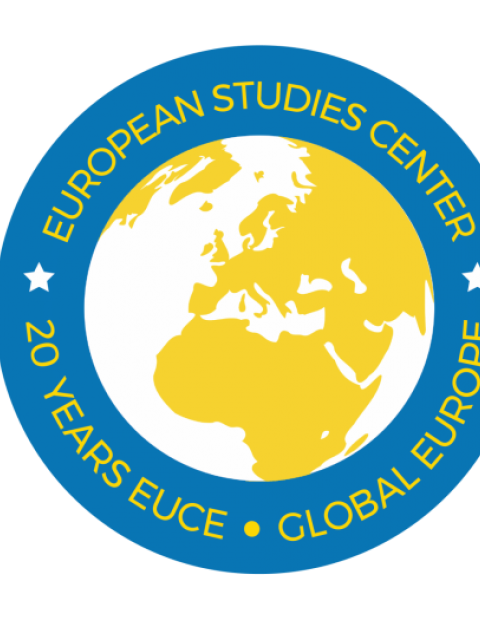
Tuesday, February 26th, 2019
Take a break from studying and enjoy kaffe and a kanelbullar in Swedish, njugu paak in Swahili, or gazoz in Turkish! Less-Commonly-Taught Languages Center will teach you how to place your order in Hindi, Quechua, Irish, Persian, Greece, Hungary, Haiti, Vietnam, or Ethiopia and more! You will have chance to place your order at the Coffeehouse and enjoy drinks and snacks from around the world.
Check out the event on Facebook!
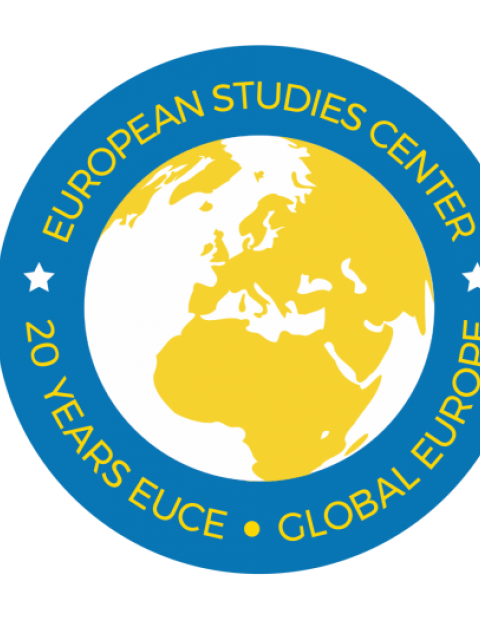
As a part of the ESC’s Year of Global Europe, the ESC will devote this session of its virtual roundtable series to discussing the history of world’s fairs and international expositions. The first of these massive events began in Europe in the nineteenth century and became a way for European nations to showcase technology and their imperial power. In the last century, non-European nations became active participants and hosts. Our panel of experts will explore this change over time and discuss the role of world’s fairs and international expositions yesterday and today. Audience participation is encouraged. To participate remotely, contact irm24@pitt.edu
Monday, February 25th, 2019 to Sunday, March 10th, 2019
This international traveling exhibit comes to the University of Pittsburgh for a limited time.
This world renowned exhibit features biographies of twenty-two former inmates of the camp in an attempt to "remember the people hidden behind the prisoner uniforms and victim statistics."
Wednesday, February 20th, 2019
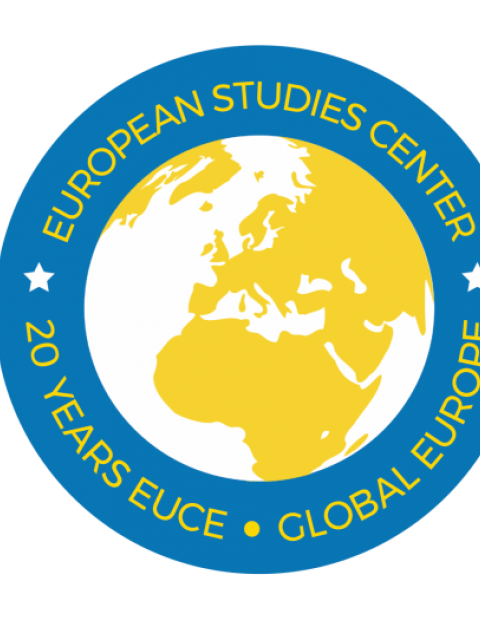
Thursday, February 14th, 2019
The EU perspective on regulating online platforms in times of fake news, value gaps, and uberisation, featuring Dr. Folkert Wilman, member of the legal service of the European Commission. He is an EU Fellow in residence at the European Union Center of Excellence at the University of Colorado, Boulder.
Wednesday, February 13th, 2019
Followed by Q&A with Director Aislinn Clarke
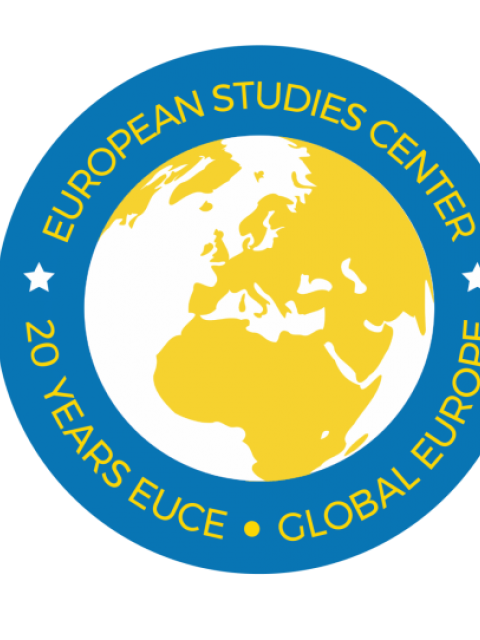
Tuesday, February 12th, 2019
This hands on workshop aims at introducing subtitling in practical terms, to stimulate awareness and interest in an ever-growing translation activity.
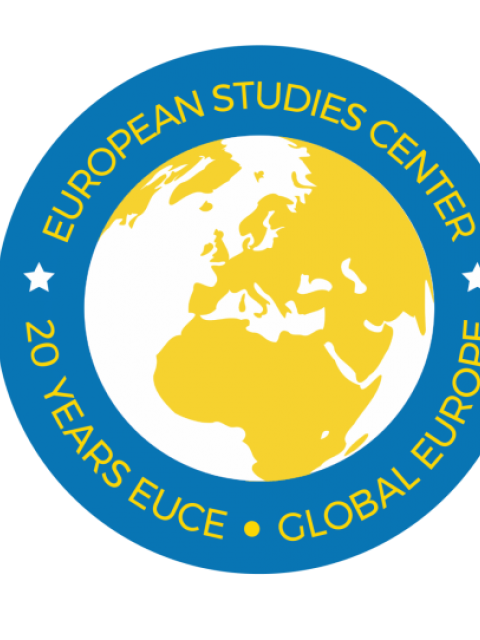
Featuring Pablo Fernandez-Vazquez, University of Pittsburgh
Carolyn Dudek, Hofstra University
Robert Fishman, Carlos II University (Madrid)
With Moderator Diego Holstein, University of Pittsburgh
Remote audience participation is welcome through videoconferencing on a personal computer/device.
Contact IRM24@pitt.edu to participate.
Thursday, February 7th, 2019
Wednesday, February 6th, 2019
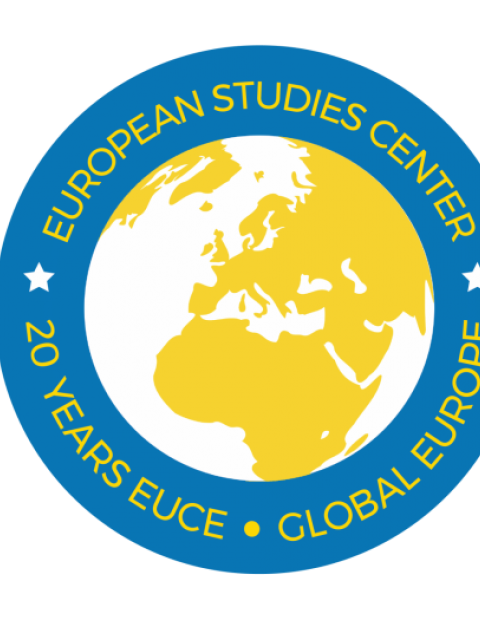
This lecture is a part of a one-credit mini course and public lecture series at the University of Pittsburgh.
Thursday, January 31st, 2019
Pitt’s Global Hub, currently under construction on the first floor of Posvar Hall, will be a dynamic new space showcasing International Studies related opportunities across campus. Equal parts event space, information center and student lounge, this attractive multi-use facility will serve as a convening point that helps students connect with globally focused faculty, student groups and academic programs. Key to the space will be a number of large and interactive digital screens that will share world news, info about campus events, and allow students to ask questions and gather info and referrals about programs and resources on campus. On January 31st at 6:00 p.m., the developer of these screens will be meeting with students to brainstorm about how they may function, and get feedback on the best ways to make them intuitive, informative and fun.
We hope that you will join us to share your comments and ideas. Pizza and food will be provided. Please rsvp to Steve Lund at slund@pitt.edu.
Wednesday, January 30th, 2019
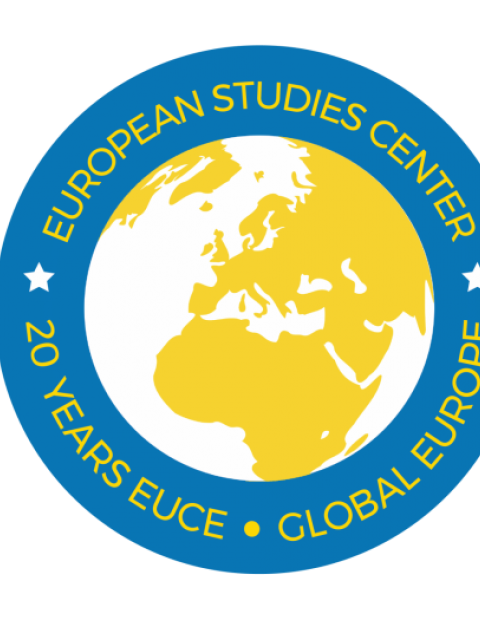
This lecture is a part of a one-credit mini course and public lecture series at the University of Pittsburgh.
Wednesday, January 23rd, 2019
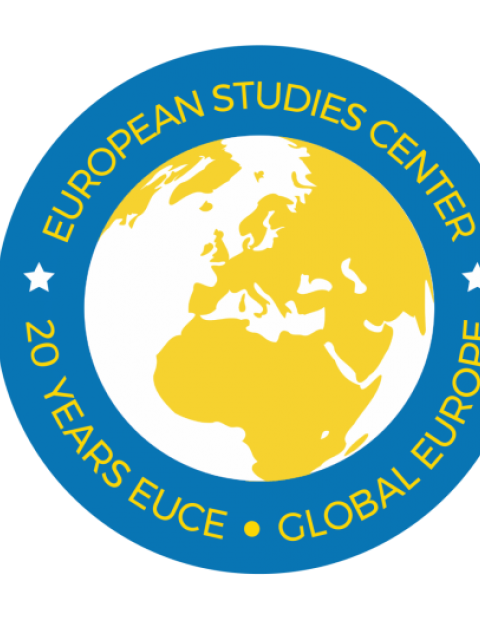
This lecture is a part of a one-credit mini course and public lecture series at the University of Pittsburgh.
Tuesday, January 15th, 2019
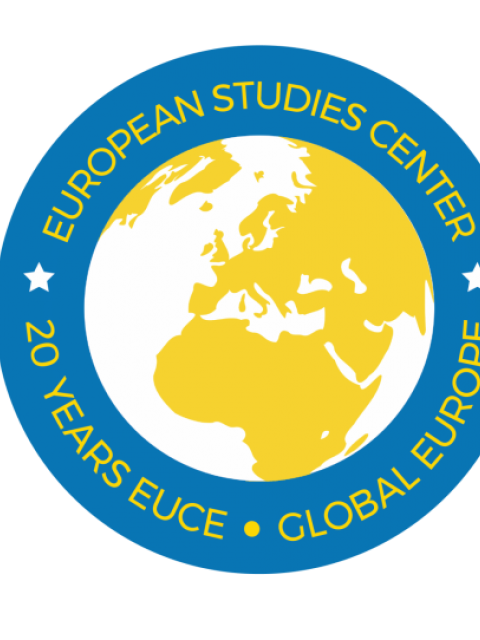
Finland’s education system consistently ranks high in the OECD’s annual Program for International Student Assessment (PISA) study, prompting U.S. educators and education reformers to ask “What can the U.S. learn from Finland?” In this installment of our monthly roundtable series, the ESC has invited education experts to discuss this question and explore issues impacting student achievement in both countries. Join us for this virtual roundtable to go beyond the op-eds and blog posts for a richer conversation on education in Europe and the U.S. Audience participation is encouraged.
To participate remotely, contact irm24@pitt.edu
Thursday, December 6th, 2018
Saxophonist Juli Wood, who is a fixture on the Chicago jazz scene and has appeared onstage at Finland’s Pori Jazz Festival and Storyville club in Helsinki, infuses traditional Finnish folk tunes with her unique jazzy style.
The granddaughter of Finnish immigrants, Juli tapped into her heritage for her CD Synkkä Metsä (Dark Forest), which one reviewer called, “An outstanding set with a compellingly beautiful cohesion.”
Juli studied jazz at the Wisconsin Conservatory of Music and has been mentored by noted jazz artists. In addition to performing on sax, she is a vocalist and composer.
Come and enjoy the jazz stylings of Juli, described by various reviewers as a “feisty saxist,” “a gutsy tenor and baritone saxophonist,” and one who “sings with great heart.”
Tuesday, December 4th, 2018
Join us for a virtual roundtable discussion of the European Single Market – Europe’s single most ambitious project for the economic integration of goods, capital, services and labor – as it celebrates 25 years. Audience participation is encouraged.
Panelists:
Jude Hays, Department of Political Science, University of Pittsburgh
Waltraud Schelkle, European Institute, London School of Economics
Catherine Barnard, Faculty of Law, University of Cambridge
Moderator:
Jae-Jae Spoon, Department of Political Science, University of Pittsburgh
Monday, December 3rd, 2018
The workplace has been neglected in the ever-expanding literature on the effect of ethnic diversity in social contexts on generalized social trust. Nevertheless, in the workplace individuals are continuously exposed to people of different ethnic backgrounds. In this paper the authors analyze the effect of workplace diversity on trust, using both surveys and administrative data from public registers on workplaces in Denmark. Consistent with theories positing negative effects of interethnic exposure, they find a negative effect of ethnic diversity in the workplace on social trust, an effect that is independent from the impact of diversity in residential settings.
Peter Thisted Dinesen, University of Copenhagen
Kim Mannemar Sønderskov, Aarhus University
Tuesday, November 27th, 2018
At the turn of the twenty-first century, a tide of nonviolent youth movements swept across Eastern Europe demanding political change in repressive political regimes in Serbia, Azerbaijan, Belarus, Georgia, and Ukraine that emerged since the collapse of communism. This live interview with Olena Nikolayenko will discuss these youth movements and their ability to mobilize citizens against the authoritarian governments on the eve of national elections.
Join for a panel discussion of U.S.-German economic relations and learn more about German economic policies and priorities.
Featured speakers will include:
Dr. Ursina Krumpholz, Head of Commercial and Economic Section, Embassy of the Federal Republic of Germany
Stephanie Baer, Commercial Officer, Embassy of the Federal Republic of Germany
Irene Braam, Executive Director, Bertelsmann Foundation
Michael McKeon, Manager, Economic and Legislative Affairs, Bertelsmann Foundation
Moderated by:
Jacqueline Saslawski, International Business Center, Katz School of Business
Friday, November 16th, 2018
Dr. Simon Richter, Professor of Germanic Languages and Literature at the University of Pennsylvania will present the cultural story of Germany's energy transition (Energiewende) and help us think through whether it can be considered a failure or a success or somehow both.
Tuesday, November 13th, 2018
Friday, November 9th, 2018
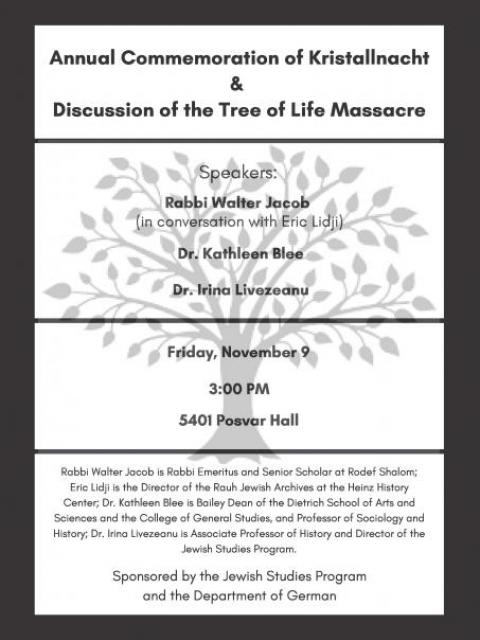
Rabbi Walter Jacob is Rabbi Emeritus and Senior Scholar at Rodef Shalom;
Eric Lidji is the Director of the Rauh Jewish Archives at the Heinz History
Center; Dr. Kathleen Blee is Bailey Dean of the Dietrich School of Arts and
Sciences and the College of General Studies, and Professor of Sociology and
History; Dr. Irina Livezeanu is Associate Professor of History and Director of the
Jewish Studies Program.
This event is a courtesy listing.
Friday, November 9th, 2018 to Saturday, November 10th, 2018
Various locations, see full program at: ucis.pitt.edu/esc/events/sbragia-symposium.
Thursday, November 8th, 2018
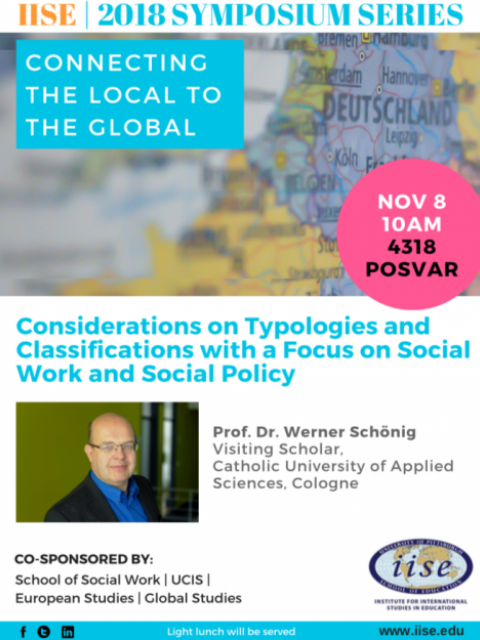
In the upcoming Institute for International Studies in Education (IISE) Symposium Series, Professor Werner Schönig will discuss his latest research, “Considerations on Typologies and Classifications With a Focus on Social Work and Social Policy.” Schönig is currently a visiting scholar at the Institute for International Studies in Education and is a professor at Catholic University of Applied Sciences in Germany. This event is co-sponsored by the School of Social Work, University Center for International Studies, European Studies and Global Studies.
A light lunch will be served.
Monday, November 5th, 2018
Friday, November 2nd, 2018
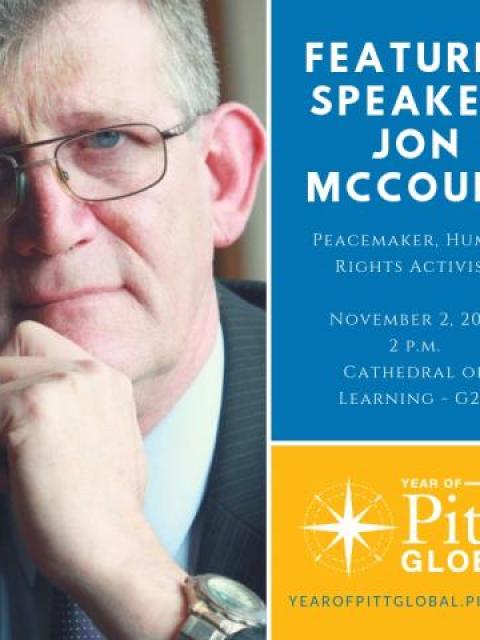
Jon McCourt has been a community peace activist and member of the Peace and Reconciliation Group in Derry, Northern Ireland, for more than 30 years. He played a major role in the development of the Community Awareness Training Programme and founded and established the first Victim Support Service in Northern Ireland in 1986. He has also worked with those involved in conflicts around the world, including Bosnia, the Middle East, Rwanda, and Colombia.
Join the Year of Pitt Global, the European Studies Center, and the Department of History for this Signature Event as we hear from Jon on his experience with conflict and peacemaking around the world.
Jon will answer questions following his talk!
Speakers: Sonja Drimmer (University of Massachusetts, Amherst), Josh Ellenbogen (University of Pittsburgh), Jacqueline Jung (Yale University), and Karl Whittington (The Ohio State University). Organizer: Shirin Fozi (University of Pittsburgh).
Fifty years after his passing, Erwin Panofsky (1892-1968) remains one of the most widely read art historians of the past century, and perhaps the single most influential figure in establishing (in his own phrase) "the history of art as a humanistic discipline." He also belongs to a generation of German Jewish scholars who began their careers in their native country but were displaced by World War II, and eventually came to North America where they had a profound impact on Anglophone scholarship. In Panofsky's case this has led to an odd but powerful historiographic divide: his early work, published in German, is still widely read in Europe but scarcely known in the United States -- especially compared to his later, widely renowned English-language publications.
This colloquium seeks to address that gap by bringing together a small, focused group of scholars to address Panofsky's early work in a set of new, unpublished translations. Participants will read pre-circulated English versions of three texts: "The Problem of Style" (1915), German Sculpture of the Eleventh through Thirteenth Centuries (1924), and "Imago Pietatis" (1927). The colloquium will be an opportunity to discuss the essays, consider their position in the humanities today, and also reflect on the process of translation as a means of increasing access to a pivotal era of transatlantic scholarly exchange.
Interested participants must RSVP to Karoline Swiontek (karoline@pitt.edu) no later than Friday, October 26. Participation is open to all, but space is limited and RSVPs are required in order to receive access to the pre-circulated texts. Coffee and a light lunch will be served.
Thursday, November 1st, 2018
Carl-A. Fechner's 2016 documentary uses Germany as a case study to offer a forward thinking vision of a sustainable, democratic, green future.
Sebastiaan Faber presents a lecture centered on the continuing public debates in Spain over the legacy of the Civil War and Francoism, which have posed a series of challenges related to questions of disciplinarity, audience, and commitment.
Tuesday, October 30th, 2018
What is the Energiewende? Why is Germany heavily investing in renewable sources of power?
Is it politically controversial?
Dr. Jorg Radte of the University of Siegen and Dr. Nikolas Wolfing of the Centre for European Economic Research will answer your questions about German energy policies in this virtual panel.
Thursday, October 25th, 2018

Colloquium featuring David Pettersen (French and Film and Media Studies)
with responses from Adam Lowenstein (English and Film and Media Studies) and Jeanette Jouili (Religious Studies)
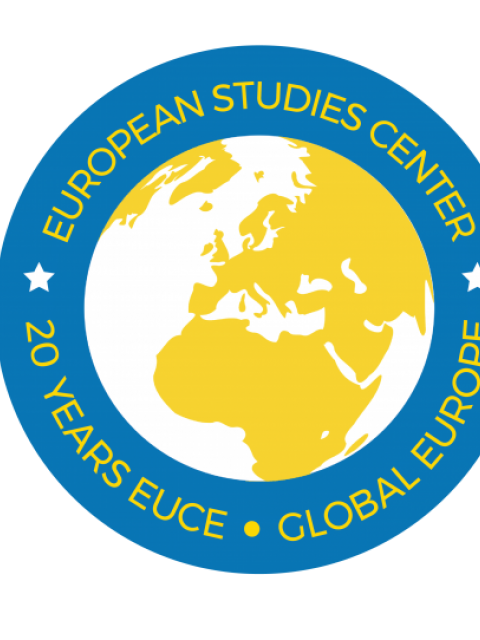
Waves of refugees, exiles, troops, and war workers from overseas meant that the population of Britain reached unprecedented levels of diversity during WWII. Once the war was over, this multi-national, multi-ethnic wartime population often remained, but their history has been largely forgotten. As History Revealed commented: “Wendy Webster is on a mission to make us remember.”
Lunch will be provided; pre-registration required
Registration link: https://mixingit.eventbrite.com
Thursday, October 25th, 2018 to Sunday, October 28th, 2018
CESS 2018 : October 24-28, 2018 at the University of Pittsburgh
The Center for Russian, East European, and Eurasian Studies and the Graduate School for Public and International Affairs are pleased to host the 19th Annual Conference of the Central Eurasian Studies Society. Join over 300 scholars and professionals from around the globe for a conference, spanning five days of workshops, panels, forums, exhibits, and special events.
For more information about the program, see https://www.cess.pitt.edu/program.
Wednesday, October 24th, 2018
Monday, October 22nd, 2018
Throughout France and the French colonies, black women have made powerful contributions to the struggle for equality and decolonization. The ESC invites students to join our panelists for a discussion surrounding black
Panelists:
Felix Germain, Department of Africana Studies
Silyane Larcher, Centre National de la Recherche Scientifique
Moderator: Jeanette Jouili, Department of Religious Studies
Thursday, October 18th, 2018
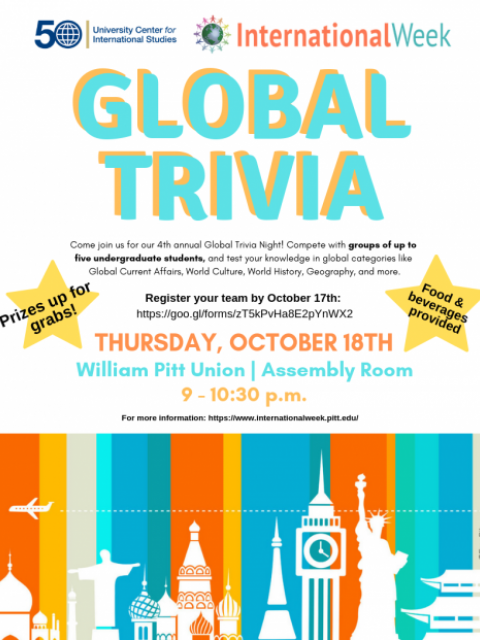
Come join us for our 4th annual Global Trivia Night! Compete with groups of up to five undergraduate students, and test your knowledge in global categories like Global Current Affairs, World Culture, World History, Geography, and more. Prizes include Apple Watches, Beats headphones, and Chipotle gift cards. Free food and beverages will be provided! Registration will close on Wednesday, October 17th at 11:59 PM, or once capacity is reached.
To register your team: https://docs.google.com/forms/d/e/1FAIpQLScqsn3oL2Hrg5eC09O7FTwY5DrSG_y8...
For more information on all things International Week: https://www.internationalweek.pitt.edu/
Sunday, October 14th, 2018 to Monday, October 15th, 2018
In this trip, students will tour the UN, learn about funding and internship opportunities available from IIE and DAAD, and visit the EU Delegation to the UN offices to learn first-hand about the EU's diplomacy efforts with regards to the UN. Open only to students in the International Studies: Europe Freshman Community.
Saturday, October 13th, 2018
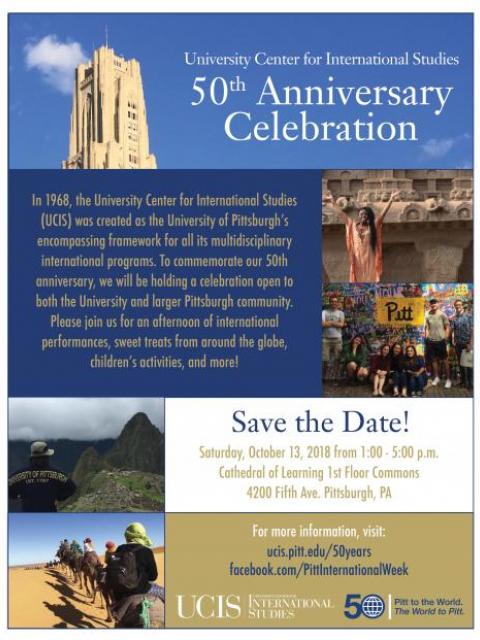
In 1968, the University Center for International Studies (UCIS) was created as the University of Pittsburgh’s encompassing framework for all its multidisciplinary international programs. To commemorate our 50th anniversary, we will be holding a celebration open to both the University and larger Pittsburgh community.
Join us for an afternoon of international performances, sweet treats from around the globe, children’s activities, and more!
Wednesday, October 10th, 2018
The talk examines the widespread practice of youth exchanges during the late Cold War through two seemingly peripheral actors: the Romanian Pioneers, the children’s organization of the Romanian Communist Party, and one of its most active partners in the west, the International Falcons Movement, a leftwing youth organization with national branches in Germany, Austria, the United Kingdom, and France. Following Romanian and foreign teens who traveled as cultural ambassadors to youth camps organized in the Soviet bloc and Western Europe, the talk examines competing visions and practices of socialist internationalism in order to illuminate the role of “soft power” during the Cold War.